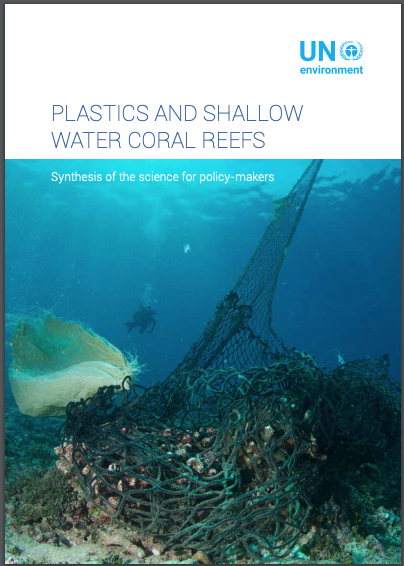Chemycal has been acquired by 3E
Learn MoreChemycal has been acquired by 3E
Learn MoreDiscover how Chemycal PRO helps you boosting your regulatory monitoring:

Nairobi, 11 March, 2018 – The global fight against plastic pollution comes into sharp focus at the Fourth UN Environment Assembly this month in Nairobi, Kenya, with the launch of three reports each addressing different aspects of, and solutions for, the growing impact of plastics on the world’s marine environments.
Plastics and Shallow Water Coral Reefs, spotlights the current science on the impact of plastics on shallow water coral reefs and provides recommendations for policy-makers for addressing and reducing these impacts.
Hundreds of millions of people and industries worth billions of dollars depend on healthy shallow water coral reefs. Yet, these fragile ecosystems are under threat from human activity, including climate change and pollution. As a result, we are now seeing unprecedented levels of decline in reef health and coral cover across the globe.
The majority of marine litter is composed of plastic, between 60-80 per cent. Although the composition and relative quantity varies regionally, marine plastic pollution can now be found in all the world’s oceans, but it is thought to be in highest concentration in coastal areas and reef environments. The majority of this litter originates from land-based sources.
“Marine plastic litter pollution is already affecting more than 800 marine species through ingestion, entanglement and habitat change,” says head of UN Environment’s coral reef unit, Jerker Tamelander. “Waste continues to leak from land, and coral reefs are on the receiving end. They also trap a lot of fishing gear as well as plastic lost from aquaculture. With the impacts of climate change on coral reef ecosystems already significant, the additional threat of plastics must be taken seriously.”
CONTINUE READING ON www.unenvironment.org
2013 © MyChemicalMonitoring. ALL Rights Reserved. About Us | Terms and Conditions